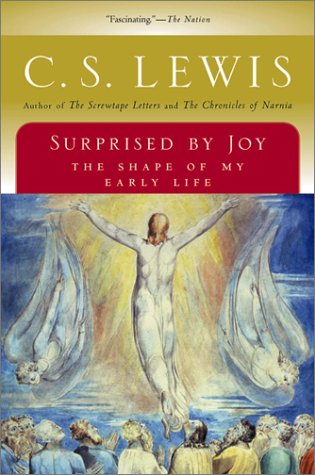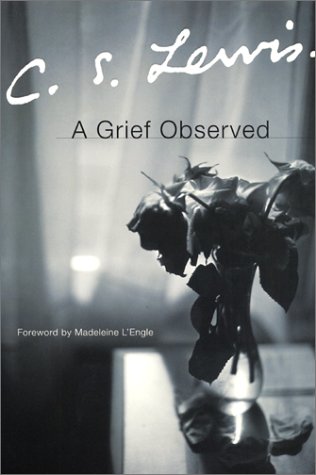But of course you must understand that rules of that sort, however excellent they may be for little boys - and servants - and women - and even people in general, can't possibly be expected to apply to profound students and great thinkers and sages. No, Digory. Men like me, who possess hidden wisdom, are freed from common rules just as we are cut off from common pleasures. Ours, my boy, is a high and lonely destiny."Once again the idea of joy and beauty being like a memory...
As he said this he sighed and looked so grave and noble and mysterious that for a second Digory really thought he was saying something rather fine. But then he remembered the ugly look he had seen on his Uncle's face the moment before Polly had vanished: and all at once he saw through Uncle Andrew's grand words. "All it means," he said to himself, "Is that he thinks he can do anything he likes to get anything he wants."
The horse seemed to like it too; he gave the sort of whinney a horse would give if, after years of being a cab-horse, it found itself back in the old field where it had played as a foal, and saw someone whom it remembered and loved coming across the field to bring it a lump of sugar... The Cabby and the two children had open mouths and shining eyes; they were drinking in the sound, and they looked as if it reminded them of something.
The Jackdaw's joke and the animal's laughter reminds me of what Lewis said about laughter in The Screwtape Letters.
Joy... You will see... among friends and lovers reunited on the eve of a holiday. Among adults some pretext in the way of Jokes is usually provided, but the facility with which the smallest witticisms produce laughter at such a time shows that they are not the real cause. What that real cause is we do not know. Something like it is expressed in much of that detestable art which the humans call Music, and something like it occurs in heaven—a meaningless acceleration in the rhythm of celestial experience, quite opaque to us."Evil will come of that evil, but it is still a long way off, and I will see to it that the worst falls upon myself." I love all the subtle allusions to The Lion, the Witch, and the Wardrobe. :)
"As Adam's race has done the harm, Adam's race shall help to heal it." ~ 1 Cor. 15:21. Well, something like that anyways. :)
"The tawny face was bent down near his own and (wonder of wonders) great shining tears stood in the Lion's eyes. They were such big, bright tears compared with Digory's own that for a moment he felt as if the Lion must really be sorrier about his Mother than he was himself." John 11:35 - Jesus wept.
Aslan turning Strawberry into a winged horse called Fledge reminds me that Lewis wrote in Mere Christianity that "becoming a new man "is not like teaching a horse to jump better and better but like turning a horse into a winged creature."
"Well, I do think someone might have arranged about our meals," said Digory.From the LDS Bible Dictionary:
"I'm sure Aslan would have, if you'd asked him," said Fledge.
"Wouldn't he know without being asked?" said Polly.
"I've no doubt he would," said the Horse (still with his mouth full). "But I've a sort of idea he likes to be asked."
"The object of prayer is to secure for ourselves and for others blessings that God is already willing to grant, but that are made conditional on our asking for them. Blessings require some work or effort on our part before we can obtain them. Prayer is a form of work, and is an appointed means for obtaining the highest of all blessings.""That is what happens to those who pluck and eat fruits at the wrong time and in the wrong way. The fruit is good, but they loathe it ever after."
Excellent story. I love it. I love all the Chronicles of Narnia. Read it here. :)














No comments:
Post a Comment